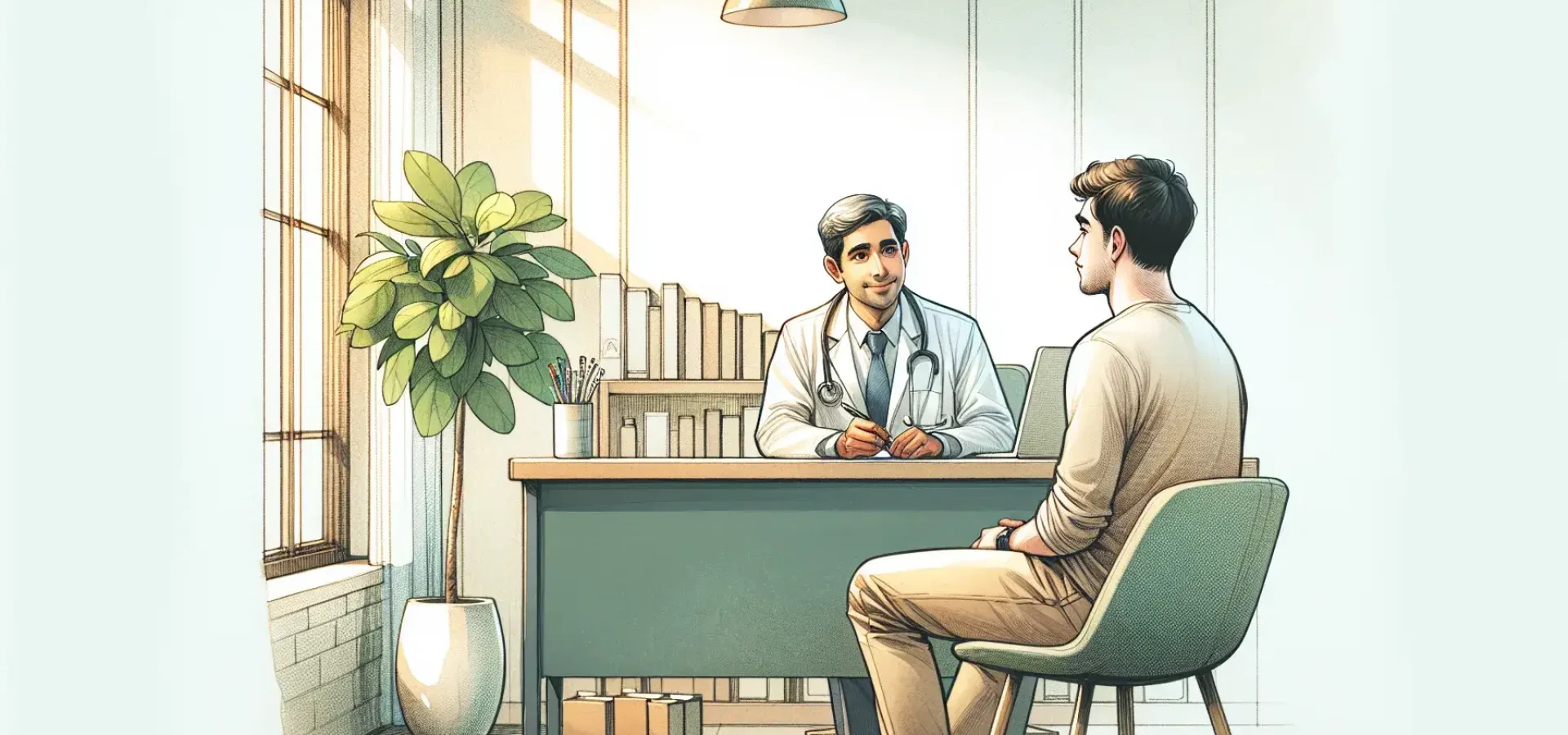
Testicular cancer is a significant health concern, particularly for young men. It's crucial to spread awareness and provide accurate information to ensure early detection and effective treatment. This article addresses some of the most common questions about testicular cancer, offering clear and concise answers to help young men understand this condition better.
Testicular cancer occurs when abnormal cells in the testicles begin to grow uncontrollably. The testicles are part of the male reproductive system located in the scrotum. They produce male hormones and sperm. The majority of testicular cancers start in germ cells, which are responsible for producing sperm.
Testicular cancer primarily affects younger men, typically between the ages of 15 and 35. However, it can occur at any age. Certain factors can increase the risk, including:
Early detection of testicular cancer significantly improves the chances of successful treatment. Common symptoms include:
It's essential to perform regular self-examinations to detect any unusual changes early. If you notice any of these symptoms, consult a healthcare provider promptly.
Diagnosis of testicular cancer typically involves several steps:
The treatment for testicular cancer depends on the type and stage of the cancer. Common treatments include:
There is no sure way to prevent testicular cancer, but early detection through regular self-examinations can significantly improve outcomes. Additionally, addressing risk factors like an undescended testicle can help reduce risk.
The prognosis for testicular cancer is generally very good, especially when detected early. The five-year survival rate for localized testicular cancer is over 95%. Even if the cancer has spread to nearby lymph nodes or other parts of the body, effective treatments are available.
Raising awareness about testicular cancer among young men is crucial. Here are some ways to spread the word:
By understanding the common questions and answers about testicular cancer, young men can take proactive steps to safeguard their health and support others in their community. Regular self-examinations, prompt medical consultations, and spreading awareness can make a significant difference in early detection and successful treatment.
The content provided on this blog is for informational purposes only and is not intended to be a substitute for professional medical advice, diagnosis, or treatment. Always seek the advice of your physician or other qualified health provider with any questions you may have regarding a medical condition. Never disregard professional medical advice or delay in seeking it because of something you have read on this blog.
The authors of this blog do not recommend or endorse any specific tests, physicians, products, procedures, opinions, or other information that may be mentioned on the blog. Reliance on any information provided by this blog is solely at your own risk.
SHARE
Subscribe to our newsletter
Testicular Cancer Foundation — 2025 All Rights Reserved. EIN: 27-1348551
TCF®, Beard Patrol®, Cojone Club® are trademarks of the Testicular Cancer Foundation.